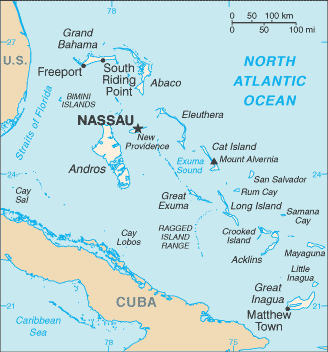Drug policy
The Bahamas has drug demand reduction policies that include programs in the areas of health promotion, prevention, early intervention, treatment, care, rehabilitation, social integration, and recovery support.
The main framework for addressing drug demand reduction is the National Anti-Drug Strategy 2017-2021.
The Bahamas promotes national prevention, treatment, care, recovery, rehabilitation, and social integration measures and programs, with a comprehensive and balanced drug demand reduction approach, and promotes nationally recognized standards by member states on drug use preventions, the “International Standards on Drug Use Prevention,” and the “International Standards for the Treatment of Drug Use Disorders,” both developed jointly by WHO and UNODC.
Treatment and Recovery Services
The Bahamas has the following comprehensive and inclusive care, treatment, rehabilitation, recovery, and social integration programs and services in the public health care and social protection network:
- early intervention (brief intervention, counselling),
- crisis intervention,
- diverse treatment modalities,
- dual pathology (co-morbidity), and social integration
- services related to recovery support.
The Bahamas’ programs and services take into account the "International Standards for the Treatment of Drug Use Disorders" of the WHO and UNODC.
The Bahamas offers social integration and services related to recovery support.
The Bahamas implements cooperation mechanisms with social and community actors that provide social and community support services to contribute to social integration of people who use drugs.
The Bahamas offers the following social integration programs for incarcerated individuals who use drugs:
- Prison Fellowship Bahamas with Social Integration
- L.E.A.D. (Leadership, Esteem, Ability, Discipline) Institute Bahamas with Social Integration.
Prevention Services
The Bahamas implements the following prevention strategies or programs:
School children students
Individuals in the workplace
The Bahamas does not develop selective prevention strategies and/or programs, nor does it implement specific programs for LGBTIQ+; communities; indigenous people; migrants and refugees; or incarcerated individuals.

